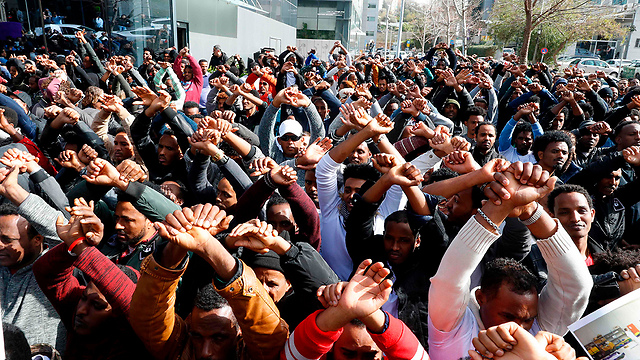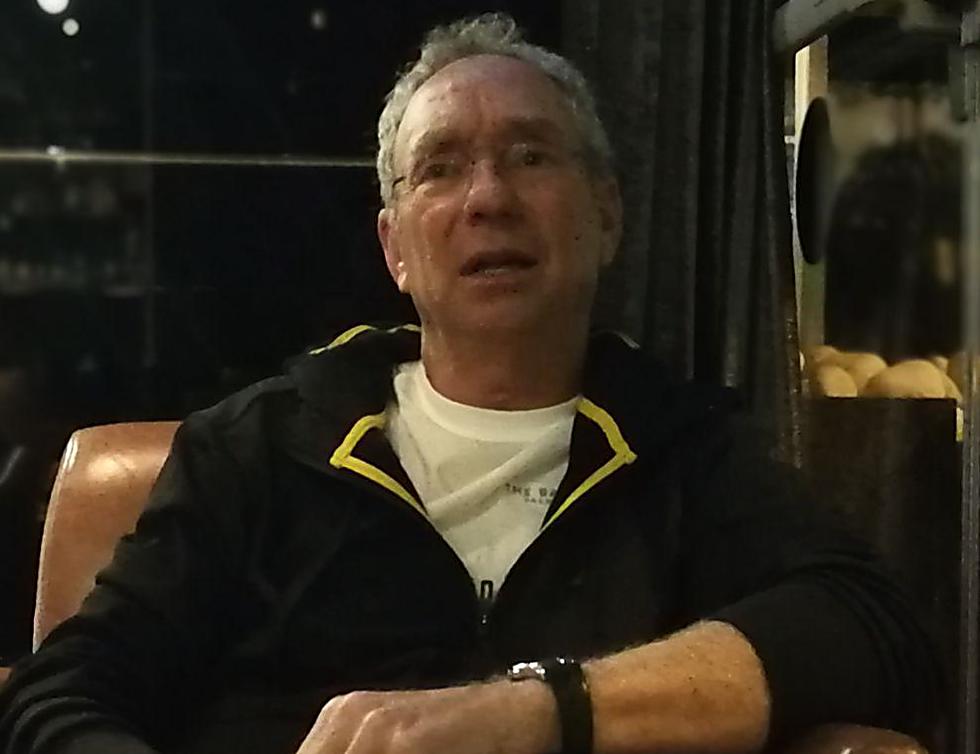
Jewish millionaire: It’s going to be very difficult to defend Israel
American businessman Joey Low has invested millions of dollars in Israel PR efforts over the years, but the Israeli decision to deport some 40,000 Africans has gotten him very upset and disappointed. ‘The government is doing things which are so against the traditional Jewish values of welcoming the stranger and taking in those who are in need,’ he says.
More and more American Jews from the liberal side of the political map (the majority of the American Jewry) are showing an interest—and quite a lot of concern—in the government’s decision to expel some 40,000 Africans who have already become part of the country’s human landscape, mostly in south Tel Aviv.
They look at the people, they look at the politicians, and they fail to understand why the Israeli government is insisting on getting rid of 40,000 people—as if they were the Jewish people’s biggest problem. In different forums, they argue that this move contradicts Jewish values as they known them.
Jewish journalists, businesspeople, donors, social activists, community activists and others are curiously following the Africans’ battle, which has been gaining momentum and support from parts of the Israeli public in recent weeks.
$2 million for African refugees in Israel
Jewish media outlets in the United States have already devoted quite a few words to this issue, and articles are published on a nearly daily basis with updates, commentaries and opinions.
America’s liberal Jews, those who are affiliated with the Reform or Conservative movements, have enough reasons to be angry with Israel. Last summer, the relations reached a breaking point with the suspension of the Western Wall egalitarian area plans, and the final ramifications of that rift remain to be seen. Now, with the deportation of the refugees, or infiltrators, US Jews have found another reason to driving them away from Israel.
“I feel very, very connected to Israel,” says American businessman Joey Low. “I’m a very proud Jew. My dad came from Vienna, my mom came from Berlin. I grew up in a home where we had tremendous appreciation for what they had gone through, and I swore to myself that if I would ever be in a position to help people who are in a similar situation, I would do it.”
Low is a millionaire who has donated more than $2 million to help African refugees living in Israel and is currently waging a pubic battle to prevent their deportation.
“I obviously never knew when I was growing up that this opportunity would present itself, but when it did there was no alternative for me. I looked at these kids very much like I imagined my parents were at their age, and there was nothing I could do other than to try and help them.”
Speaking in an interview on political podcast RealPolitik, both in English and in Hebrew, Low says: “I’ve always had a feeling ever since I was a little kid of wanting to help someone who’s in a similar situation to where my parents were, and there’s really almost a need on my part to do something, and I wouldn’t be comfortable with myself if I didn’t do it.
“The sad thing I ask is why don’t Israelis care more. I always assumed that Jews, Israelis, were people who were concerned about others around us. Many, many of the Israelis who are here came from Europe. How did it feel when they were rejected from the place where they were?
“Part of what being a Jew means is to reach out and help those who are less fortunate than you are, and that’s what being a Jew means to me. Ever since I was young I was very involved in the civil rights movement in America. I would always take positions that made me proud of who I was, and I think that a lot of who I am is the tradition of Judaism and of being a Jew and those are values that you take with you and try to give to your children.
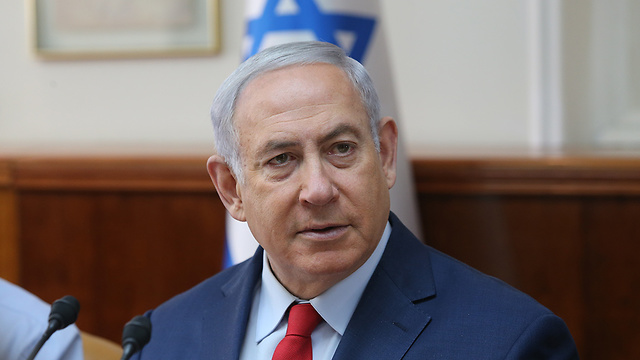
“And when you see something like this where (Prime Minister Benjamin) Netanyahu and the government is doing things which are so against the traditional Jewish values of welcoming the stranger and taking in those who are in need, it’s very painful to watch it. And I see it really destroying much of what I’m proud of and that’s very hurtful.
“I feel very bad for the people living in south Tel Aviv. I think they were probably just as unfortunate prior to the Africans coming, and as the Africans tell me, when they were in Darfur and came to Israel, they had never heard of Tel Aviv. They were given bus tickets to Tel Aviv, so that’s where they went.
“If the government would have been smarter, they would have dispersed the people around the country, they would have made a plan, they would have had some idea of what they should do with the people who are coming. But since they didn’t and they allowed the problem to just continue getting worse and worse, now they blame the problem in south Tel Aviv on them. And the government should be responsible for taking care of their citizens, but you can’t blame the fact that south Tel Aviv is in the condition it is because of the Africans.”
‘A question of racism’
One of Low’s good friends is Prof. Irwin Cotler, Canada’s former minister of justice and a human rights activist around the world, who is also in Israel right now to help the refugees. Low himself has no problem drawing a link between the Africans’ situation and the darkest chapter in human history—the Holocaust.
When he looks at the situation in African countries, he says, he sees a holocaust. “I know many people from Darfur,” he explains, “and there was a massacre there. I heard stories of children who came here without their parents as unattended minors. For me it’s almost the same thing, what happened there and what happened in the Holocaust. I think the government is forgetting its responsibility to help people.”
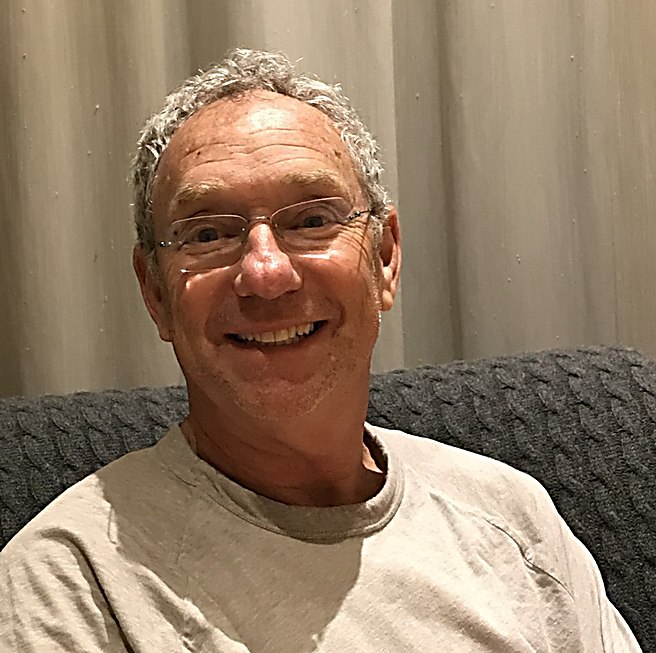
Low visits Israel often and has donated millions to educational social causes. In the past, he was involved in Israeli PR efforts, way before the birth of the BDS as we all know it. During the second intifada, he founded the Israel At Heart organization and personally invested millions of dollars in dozens of delegations of Israeli students who visited US and European campuses, shared the Israeli story and presented a more balanced picture of the bleeding conflict of the early 2000s.
Then, when the Palestinians threatened to drag Israel to the International Criminal Court (ICC) in The Hague over the separation barrier, Low sent dozens of students on a plane to protest outside the court. But today, while the well-funded boycott organizations are increasingly infiltrating US campuses, he no longer feels a desire to defend Israel in the international arena. In light of what is happening with the African refugees, he simply can’t.
“I’m very proud to defend Israel and I think I’ve done a good job,” he says, “but this has gotten me so upset and disappointed and I don’t know where to turn. It got me to such a point where I said, you know, this is something I have to stand up for, and if it means criticizing Israel, I just have to do it. Because I just can’t in good conscience allow it to slip by without standing up for the principles that I believe in.
“I think it’s a question of racism in the end of the day, which is very sad to see. Netanyahu is racist; (Culture Minister) Miri Regev, who called them ‘cancer,’ is racist; (Interior Minister Aryeh) Deri is racist; (Education Minister Naftali (Bennett) is racist,” he explains. “What they are doing is one-hundred percent racist. If they’re unwilling to help these people and want to kick them out, they’re racist.
“I’m very disappointed with the religious parties, because religious people should know better than us that it says in the Bible we have to help the stranger because we were strangers in a foreign land ourselves, so the religious of all people should understand what it means to be the stranger. They are the ones who are at the forefront with Aryeh Deri, saying that we want them out, we don’t want them marrying our daughters, we don’t want them living among us and they’re not Jews. It’s the most racist thing, horrible. And if God would come down, I think he would be ashamed of Aryeh Deri.
“The Israeli government doesn’t really care what American Jews feel, whether it’s about the Kotel, whether it’s about who is a Jew. Basically, Netanyahu says we don’t need the Americans, and it’s a very arrogant position. I think Israel is going to find itself in a very difficult position regarding Jews around the world.
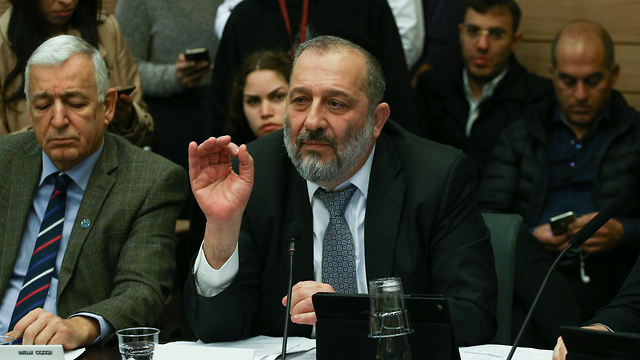
“Younger Jews are having much more difficulty defending Israel, and that’s a bad thing, because when you look at the future you need that generation of people who were brought up loving Israel, caring about Israel and feeling that Israel is treating its people with respect and dignity. If they start deporting these Africans, and BDS starts saying, ‘Well, look at how Israel is treating blacks,’ I would have a very difficult time defending Israel. In fact, I couldn’t. I’d have to leave the debate and let somebody else do it.
“As an Israeli, which I’m not, I would think it’s both bad internally for the country, and it’s bad for the way it’s going to look when people see Africans being put on planes whether with their will or without it. I think that’s going to be very destructive. But to me personally, I’m also a Jew and I live in New York, and I think that Israel doing something like this is going to affect Jews all over the world. And I think it’s not really sensitive on Netanyahu's part not to think about what it does to Jews outside of Israel.
“I have friends who come from many different walks of life, not only Jews, and I think when they see what is about to take place, I think many of them will have questions that I as a Jew used to love to answer and defend Israel, and that’s going to be very difficult for me to defend.”















